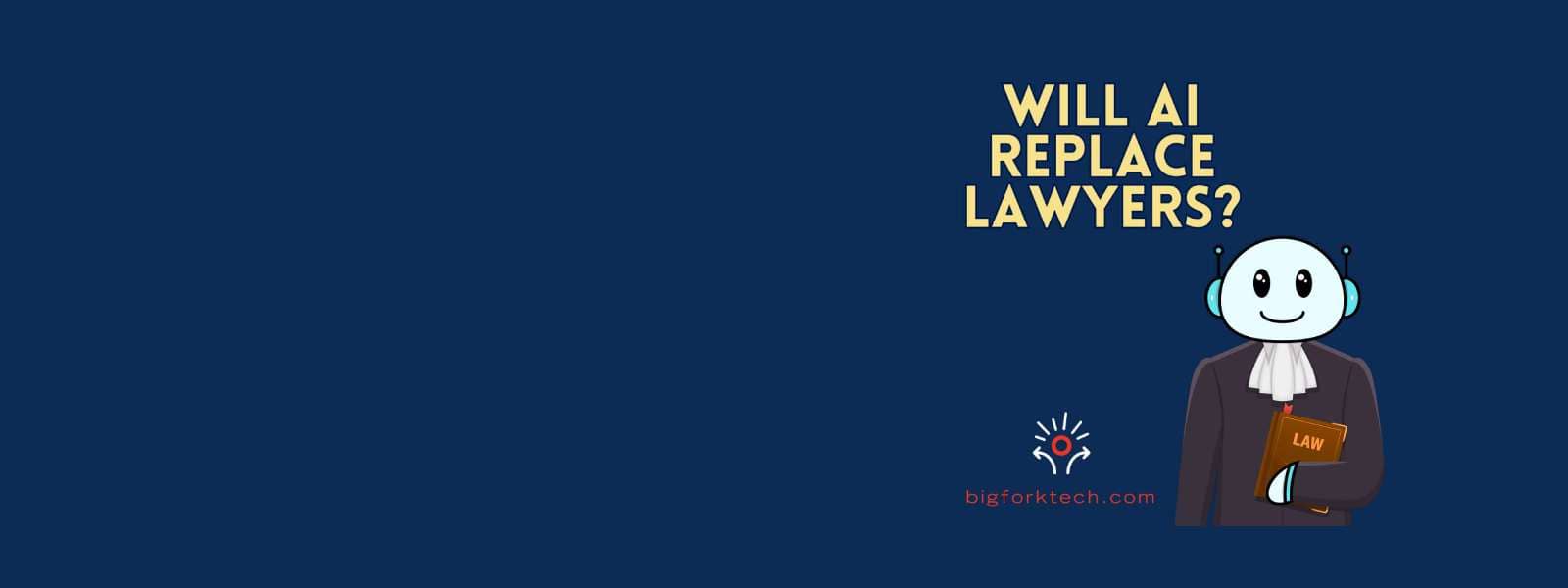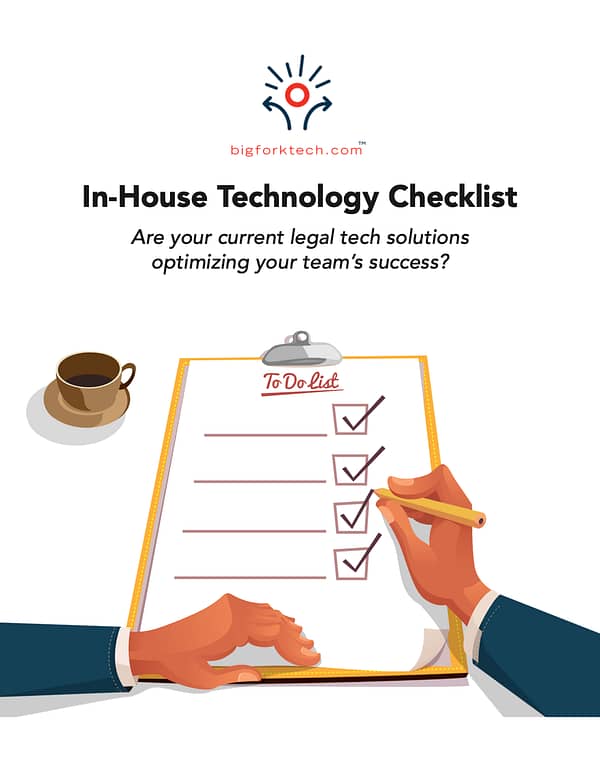Will AI Replace Lawyers? Debunking Myths and Exploring Possibilities.
Artificial Intelligence (AI) is rapidly transforming many industries, and the legal profession is no exception. With the development of sophisticated algorithms and natural language processing, AI has the potential to assist lawyers with various tasks, such as document review, legal research, and even drafting contracts. However, the question remains: will AI eventually replace lawyers altogether?
What is the current role of lawyers?
To answer this question, we must first understand the role of lawyers and the capabilities of AI. Lawyers perform a range of duties that require human judgement, such as advising clients, negotiating agreements, and appearing in court. These tasks often require a level of creativity, empathy, and ethical decision-making that is difficult to replicate with AI.
On the other hand, AI can analyze vast amounts of data and identify patterns that humans may miss. This can be particularly useful in tasks such as document review and legal research, where AI can quickly sift through large volumes of information to identify relevant facts and legal precedents.
How is AI being used in legal currently?
The use of AI in the legal profession is already well-established. For example, e-discovery software, which uses AI to identify relevant documents in large data sets, is now widely used in litigation. Similarly, AI-powered legal research tools, such as ROSS Intelligence and LexisNexis, can quickly search through vast databases of legal information to find relevant cases and statutes. There are even contract lifecycle management software tools like ALOE that use automation for scraping documents and workflow efficiencies.
The impact of AI on the legal job market?
Another factor to consider is the potential impact of AI on the job market for lawyers. While AI is unlikely to replace lawyers entirely, it may change the nature of legal work and require lawyers to develop new skills. For example, lawyers may need to become proficient in working with AI-powered legal research tools or using machine learning to analyze data. On the other hand, AI may also create new job opportunities in the legal profession, such as positions focused on developing and maintaining AI systems or using AI to identify legal risks and opportunities for clients. Ultimately, the impact of AI on the legal job market is still uncertain, but it is clear that lawyers who are able to adapt to new technologies will be better positioned to succeed in the years to come.
Unlikely lawyers will be replaced…for now.
Despite these advances, it is unlikely that AI will completely replace lawyers anytime soon. While AI can assist with many tasks, it cannot replace the human judgment and experience that lawyers bring to the table. In complex legal matters, such as negotiating complex contracts or representing clients in court, lawyers must be able to think creatively, empathize with their clients, and make ethical decisions that take into account the unique circumstances of each case.
Moreover, the legal profession is heavily regulated, and many aspects of legal practice, such as giving legal advice or appearing in court, are restricted to licensed lawyers. While AI can assist with many tasks, it cannot perform these core functions without the supervision and input of a human lawyer.
In conclusion, while AI is transforming the legal profession, it is unlikely to replace lawyers entirely. Instead, AI will likely continue to assist lawyers with various tasks, making legal practice more efficient and effective. As such, lawyers who embrace AI and other technological innovations will be better equipped to serve their clients and remain competitive in a rapidly changing legal landscape.
Schedule a demo and find out how you can use legal software with AI technology like ALOE to create seamless workflows, improve quality assurance, and maximize your team’s potential.
Are your current legal tech solutions optimizing your team’s success?
Download our free In-House Technology Checklist to see where your legal department measures.






